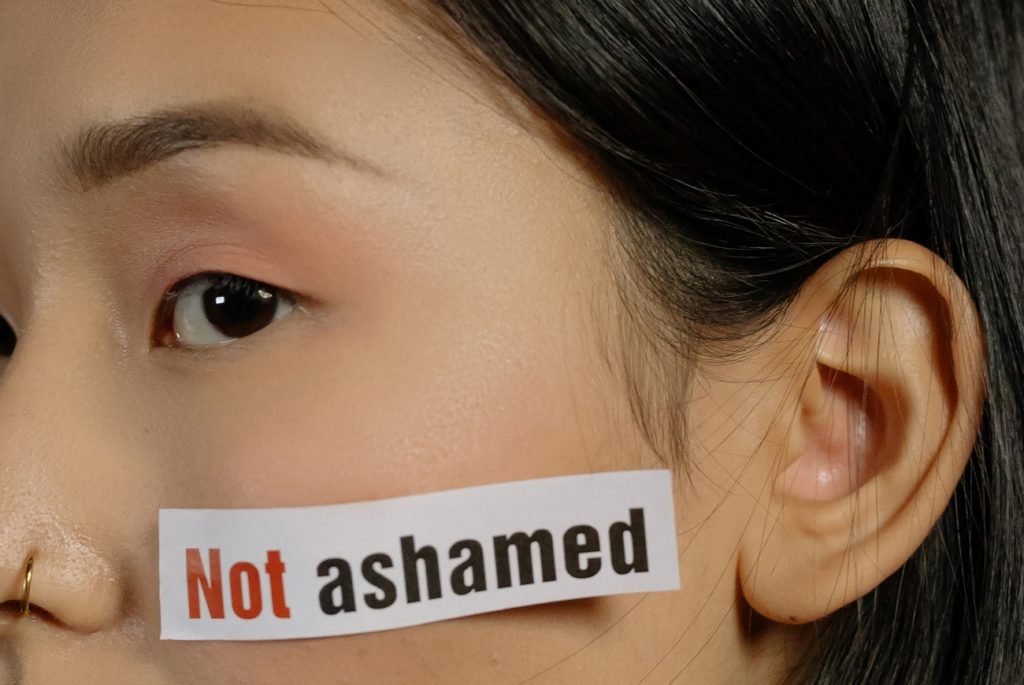Content reviewed by Christian Losch, LCSW, LCADC, CEO of Pinelands
Unfortunately, there is a heavy cloud of stigma that surrounds individuals who use substances or have been diagnosed with substance use disorder (SUD). These stigmas perpetuate substance use in individuals who use alcohol and other drugs to self-medicate. Similarly, they delay treatment-seeking and treatment entry for individuals who recognize problematic substance use in their life but are not ready to commit to treatment for fear of judgment. There are several effective options available to treat SUD, but stigma can keep individuals from utilizing these resources.
Although many people believe society has come a long way in challenging the stigmas that accompany those with mental health conditions, little has been done to publicly challenge the stigmas surrounding those who struggle with SUD. It is vital to recognize that SUD is a complex and chronic mental disorder that impairs an individual’s ability to function normally in their daily life. Recovery from SUD must involve professional intervention to achieve and sustain sobriety as well as prevent relapse.
What is stigma surrounding substance use disorder?
Stigma is a negative and unfair view of a person or group of people because of one distinguishing characteristic. More often than not, stigmas are disrespectful and discriminatory and harm the person or group being stigmatized in many ways. Stigma is not only a problem for individuals with SUD or other mental health conditions, but also for individuals with chronic illnesses, such as cancer or HIV.
Stigma develops from a combination of lack of education, a lack of understanding and/or fear. The media plays a central role in the development of these stigmas. Consider how individuals with SUD are portrayed in the news, movies, television shows or other media sources. Sadly, the media uses inaccurate and misleading representations of individuals who use substances or struggle with addiction. As most of our nation is educated and informed through media sources, these stigmas are continually perpetuated without conscious awareness or care of how these stigmas affect those who struggle.
Identifying and challenging problematic misconceptions associated with addiction.
There are a plethora of misconceptions related to SUD and addiction that contribute to an overall unhealthy stigma. One of the most significant misconceptions related to these conditions is that people who have them choose to engage in repeated substance use. Oftentimes, even family and friends of loved ones struggling with addiction may find themselves submitting to this belief because it helps them cope. However, addiction is not a choice or sign of moral weakness—rarely can one stop on one’s own, even with the best of intentions. Addiction can, and does, happen to anyone.
While an individual’s initial decision to use alcohol or other drugs may be voluntary, once the brain and body are exposed to the intense effects of substances, it is only a matter of time before an individual begins to seek or use drugs repeatedly. Learn more about how addiction affects the brain and body to better understand that addiction is not a choice.
Another misconception is that SUD is not treatable. This misbelief can develop among family members and friends who have watched their loved one attempt treatment repeatedly but continue to fall back into their substance-using habits. It is essential to remember to have compassion for individuals who are trying their best to heal from the devastating effects of substance use. Relapse is, unfortunately, a common part of the recovery process. This is because it is incredibly difficult to reverse the brain changes that result from repeated substance use. Treatment must be highly structured, intensive and consistent to be successful.
Understanding how language can either perpetuate or challenge stigma.
One of the ways that stigma about SUD is created and perpetuated is through the use of stigmatizing language. There are many terms and phrases that should be avoided when discussing these conditions, as some terms disregard the integrity and autonomy of individuals who are struggling. For example:
- The term “addict” directs blame on a person who struggles with addictive behaviors
- The term “user” elicits negative associations with an individual who uses alcohol or other drugs, regardless of whether they are legal or illicit substances
- The term “alcoholic” puts an individual’s problematic alcohol use above their value as a human being
An individual’s worth as a human being is not to be diminished by their substance use or associated problems. Instead of describing a person in such a way that they are the problem, it is important to address that they are a person who has a problem. This is referred to as person-first language. Rather than using the terms above, consider using:
- A person struggling with SUD
- A person who uses substances
- A person struggling with alcohol abuse
To change stigmatizing behavior, it is vital to prioritize the use of non-stigmatizing language that discusses substance use and SUD accurately and educationally. Person-first language maintains the integrity and respect of individuals who are struggling. It also helps people truly understand that they are worthy of treatment and recovery.
Pinelands Recovery Center of Medford is a premier drug and alcohol treatment center that understands how challenging it can be to seek out and stay committed to treatment when there are so many degrading stigmas associated with people who use substances or have an addiction. We approach treatment from a place of understanding, empathy and encouragement to empower you during this challenging healing journey. To learn more about our treatment programs and options, call (877) 557-5372.
